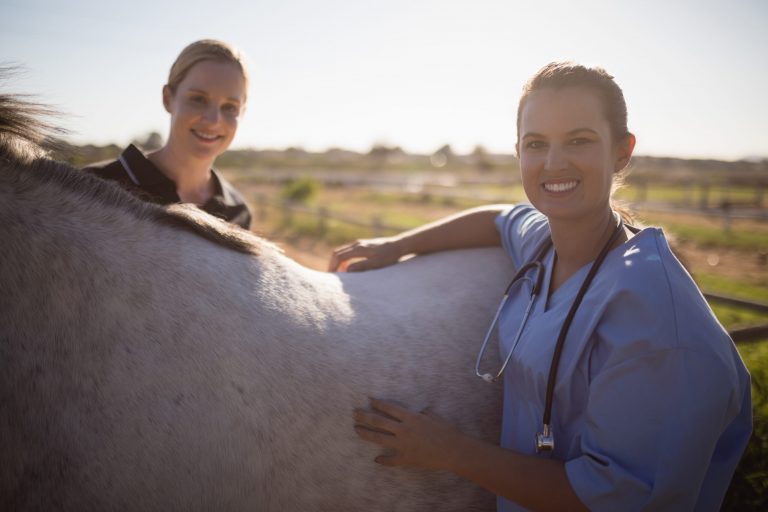Additional EIA in Kansas Horses
All horses on a premises under official quarantine by the Kansas Department of Agriculture for EIA in Finney County were retested for 60-day retesting protocol. Two horses, which were previously EIA-negative, tested positive at this retest. Both of the confirmed EIA-positive horses have been humanely euthanized. Both horses had been maintained on the premises under the official quarantine since August 11, 2017, pending the 60-day retest. All other horses from this premises will remain under official quarantine for an additional 60 days pending a negative EIA test. For more info go to: http://agriculture.ks.gov/divisions-programs/division-of-animal-health/animal-disease-control-and-traceability/equine-infectious-anemia.
Strangles on Two Georgia Properties
Strangles has been reported at two facilities in Georgia by an attending veterinarian. One facility, located in Crawford County, has reported three horses affected, with 10 exposed. Clinical signs include with nasal discharge, coughing and swollen legs.
The second facility, located in Lowndes County, has reported one horse affected and 16 exposed. Clinical include nasal discharge, fever, off feed and lethargy. Both facilities are under quarantine.
For more info go to:https://aaep.org/sites/default/files/Documents/DiseaseFactsheetStrepequi.pdf.
EEE Deaths in New Jersey Horses
On October 24, 2017, the New Jersey Department of Agriculture confirmed two horses were positive for Eastern equine encephalitis (EEE) and both were euthanized as a result of the infection.
The 10- and 11-year-old unvaccinated geldings were both located in Cape May County.
Thus far in 2017, all horses found positive for EEE or West Nile virus (WNV) have been located in the southern counties: Atlantic County: 1 EEE; Cape May County: 2 EEE; Cumberland County: 2 EEE; Gloucester County: 1 WNV; and Salem County: 1 WNV. In all cases, the positive horses were either not vaccinated, were not current on vaccination, had an unknown vaccination history, or did not receive the necessary booster following the initial vaccination.
WNV in Oklahoma Horses
The Oklahoma Department of Agriculture has confirmed two cases of equine West Nile virus. A 2-year-old Quarter Horse colt located in Garvin County showed mild neurologic signs and recovered completely. The horse was not vaccinated.
A 3-year-old Friesian stallion located in McClain County was showing severe neurologic signs and was euthanized. Vaccination history is unknown.
These cases bring the number of reported equine WNV cases in the state to five for 2017. For more information visit: http://www.ag.ok.gov.
The Equine Disease Communication Center (EDCC) works to protect horses and the horse industry from the threat of infectious diseases in North America. The communication system is designed to seek and report real time information about disease outbreaks similar to how the Centers for Disease Control and Prevention (CDC) alerts the human population about diseases in people.








